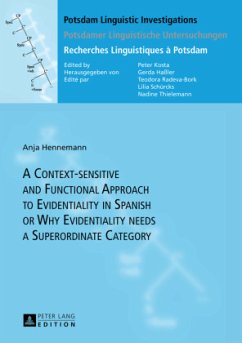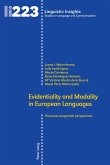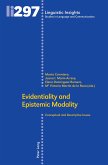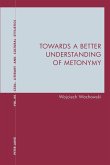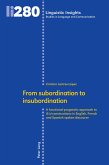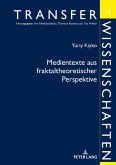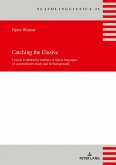This study adopts a context-sensitive and functional approach to the qualitative analysis of Spanish linguistic means that are used to convey evidential meanings. Verbs of cognitive attitude, modal adverbs, modal verbs, the Spanish conditional and the synthetic future are analysed against the background of pragmatics. GlossaNet, a search engine that supports the researcher to build a corpus, was used to collect the examples analysed in this study. Furthermore, as evidentiality is - at least in Spanish - a linguistic category that overlaps with other semantic-functional categories, namely epistemic modality, deixis, subjectivity and polyphony, it is argued that the superordinate category speaker's perspectivisation should be imposed on these categories.

